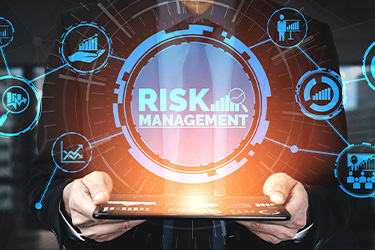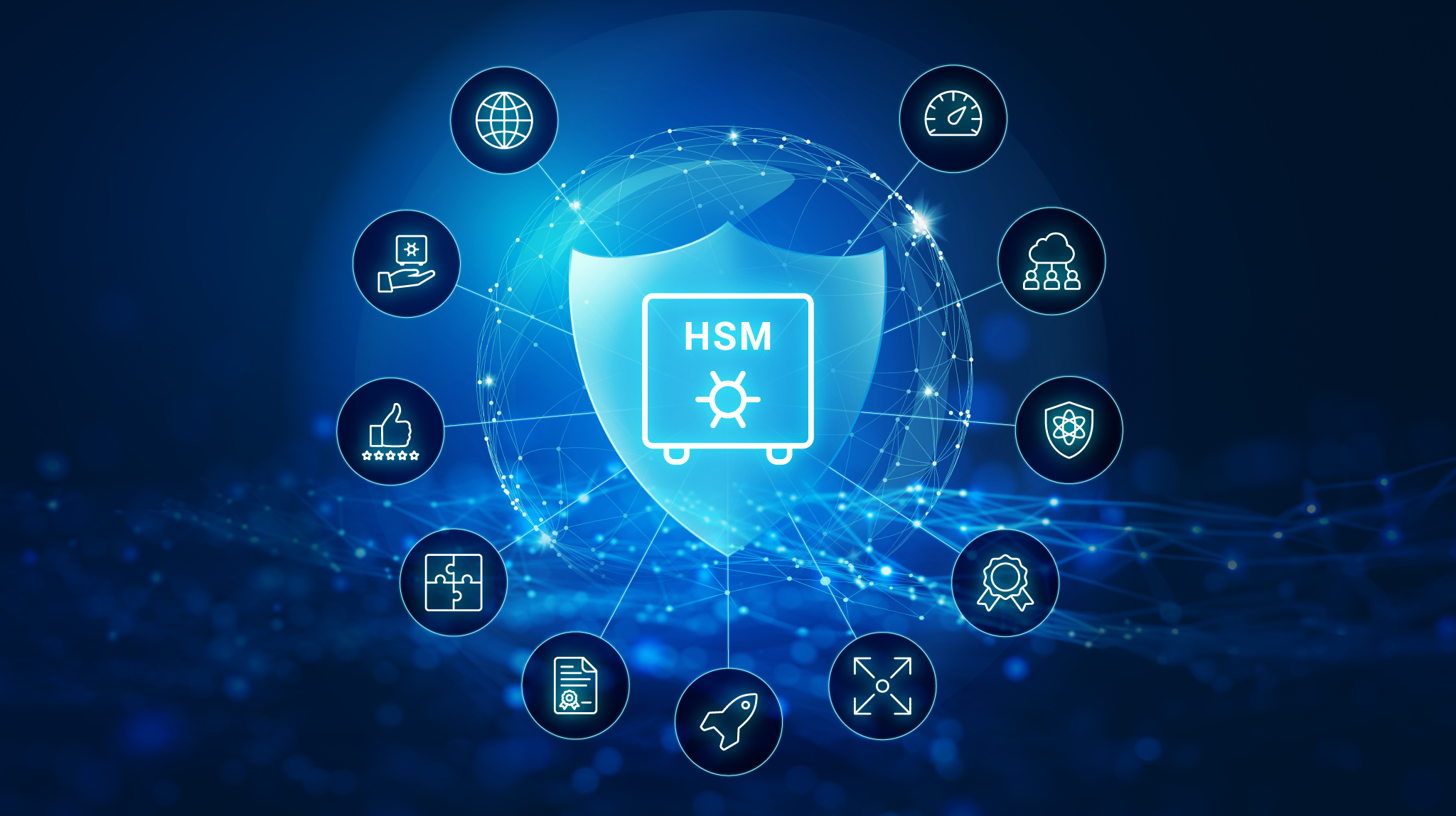
Trusted Global Player in Lawful Interception & Public Warning
Protecting People with Compliance & Infrastructure Solutions around the Globe.
Discover More
RSAC 2025
Are You Ready for
the Risks of Tomorrow?
Protect your business with quantum-safe HSMs.
Discover MoreThe Better Choice for
Trust in the Digital Society
Data Protection, Secure Payments, Key Management and Compliance on-premise and as a service.
Discover MoreQuantum Protect is here. Get PQC-ready with Utimaco.
Don't underestimate PQC migration complexity. Utimaco's Quantum Protect brings clarity and confidence.
Simulate Your Migration

Trusted Global Player in Lawful Interception & Public Warning
Protecting People with Compliance & Infrastructure Solutions around the Globe.
Discover More
RSAC 2025
Are You Ready for
the Risks of Tomorrow?
Protect your business with quantum-safe HSMs.
Discover MoreThe Better Choice for
Trust in the Digital Society
Data Protection, Secure Payments, Key Management and Compliance on-premise and as a service.
Discover MoreQuantum Protect is here. Get PQC-ready with Utimaco.
Don't underestimate PQC migration complexity. Utimaco's Quantum Protect brings clarity and confidence.
Simulate Your Migration

Webinar
Introducing Quantum Protect: Achieve quantum-resistance with Utimaco…
Apr 15, 2025 | 60 min
Watch NowWebinar
Introducing Quantum Protect: Achieve quantum-resistance with Utimaco…
Apr 15, 2025 | 60 min
Watch Now
Utimaco LIMS is a carrier-grade and industry-leading solution that assists telecommunication…

With Utimaco’s Data Retention Suite (DRS), telecommunications operators and internet service…

Utimaco’s u.warn native app arms government and enterprises with branded native apps for real-time…

Utimaco’s CEM empowers organizations to prepare and manage emergency incidents and disruptions.

Lawful Interception Management System (LIMS) Access Points can be used for targeted interception as…

The world’s fastest CBC that is the most cost-effective way to deliver mass messaging to mobile…

Utimaco provides a carrier-grade and ETSI/3GPP compliant LI solution for IMS/VoLTE in visited…

A central alerts creation, control and management tool for all u.warn delivery channels.
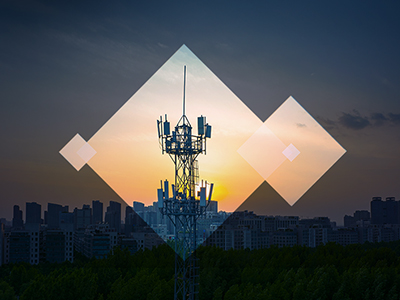
Utimaco’s 5G ID Associator solution offers 5G ID association functionality combined with state-of-…

The ultimate solution in increasing alert coverage, with zero integration effort.

Ensures that alerts reach the intended audience rapidly and efficiently with nearly 100% coverage.

It delivers scalable multi-tenancy functionality, superior performance, and customizability for a…

The leading Payment Hardware Security Module in the industry, designed for secure and compliant non…

Utimaco’s General Purpose HSM as a Service is providing access to a FIPS 140-2 Level 3 HSM hosted…

The most interoperable and integrated Key Management System in the market, providing a single pane…

Protect personal, sensitive, and business-critical data from unauthorized access with user-level…
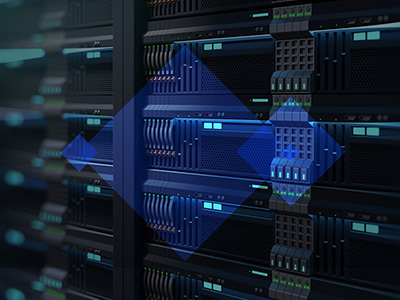
The Hardware Security Module specialized for eIDAS-compliance and VS-NfD classified use cases.
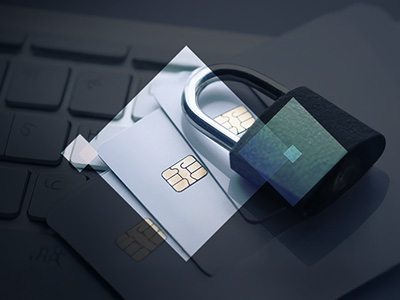
The PCI-certified Payment HSM enabling a simplified migration experience to provide unparalleled…

Full Disk Encryption delivers reliable hard drive encryption for laptops with classified data…

Utimaco's single platform solution to securely manage and store all Payment HSM keys and…

Utimaco’s Payment HSM as a Service is providing access to a fully managed PCI-certified Payment HSM…

The only Hardware Security Module in the market that is certified according to FIPS 140-2 Level 4…

File and Folder Encryption as a Service enables reliable, role-based data encryption centrally…
Use Cases

Data Protection
Data Protection ensures that sensitive information is protected against from unauthorized access, loss, or manipulation.
- Data Protection Data Protection ensures that sensitive information is protected against from unauthorized access, loss, or manipulation.
- Key Management Centralized cryptographic key management emerges as the foremost challenge for organizations seeking to enhance their security posture.
- Secure Payments With millions of payments per second, protecting financial assets, customer data, and reputations is crucial.
- Telecommunication Solution Telecommunication providers and critical infrastructures need to assure security and trusted communication for their subscribers, customers, and stakeholders.
- Data Protection Data Protection ensures that sensitive information is protected against from unauthorized access, loss, or manipulation.
- Key Management Centralized cryptographic key management emerges as the foremost challenge for organizations seeking to enhance their security posture.
- Secure Payments With millions of payments per second, protecting financial assets, customer data, and reputations is crucial.
- Telecommunication Solution Telecommunication providers and critical infrastructures need to assure security and trusted communication for their subscribers, customers, and stakeholders.
-
GP HSM
-
File and Folder Encryption

With code signing, organizations can prove that their software is trustworthy and end users can, in turn, verify the authenticity of files and program code.
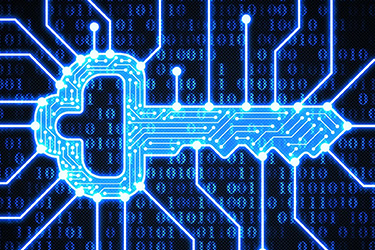
Key injection is the starting point for securely managing an IoT device. To make sure that device identities are not hacked, keys need to be generated by an HSM

Generate and protect cryptographic keys used for certificates in a Public Key Infrastructure.

UTIMACO’s data protection portfolio protects your data, keys and databases against external access, unauthorized internal access, and malicious attacks.
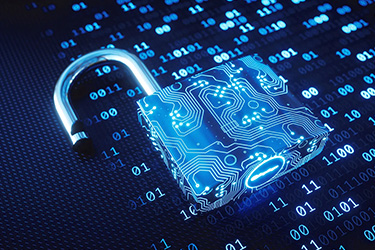
Ensure sensitive data is only accessible to users and devices with the corresponding access rights.
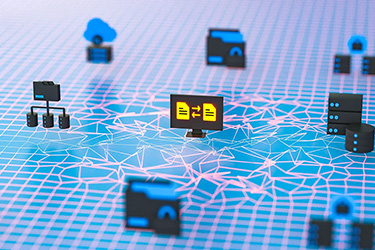
Data remains encrypted when transferred – even when copied, moved, or shared with external parties.
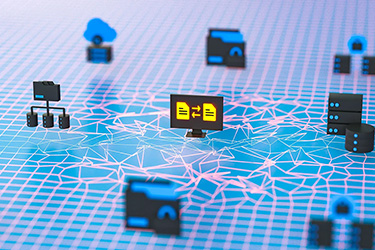
Introduce strong encryption standards even for data that needs to be shared with external parties.
-
Lawful Interception
-
Data Retention
-
Public Warning
-
CEM

A solution for lawful interception, supporting fast mediation of broadband multimedia traffic from 5G networks while meeting the specifications of Global Standards.

Supporting Lawful Interception requirements for Mission Critical Push-to-Talk (MCPTT) Networks.

Providing Lawful Interception security for Network Function Virtualization (NFV) and Software Defined Networks (SDN) infrastructures.

Securing network telecommunications for Lawful Interception monitoring requirements.

Securing the broadband network for Lawful Interception of broadband data traffic.

Securing and mediating Lawful Interception monitoring for Voice over IP (VoIP) from threats and attacks.

Providing a strong and reliable security solution for Lawful Interception of emails.

Implement high-speed IP logging solutions to monitor and record network traffic efficiently, ensuring compliance and enhancing security.

Secure storage of information for a specified period of time in order to comply with regulations or for business-related purposes.

Ensure public safety with fast, reliable emergency alerts and crisis coordination to protect lives and infrastructure.

A flood warning system can provide critical information about risk levels, ensuring that municipalities and cities are warned at an early.

Delivering the appropriate message at the right time – and through the correct channel.

Stay prepared with automated alarm chains and predefined action plans for swift crisis response when every second counts.
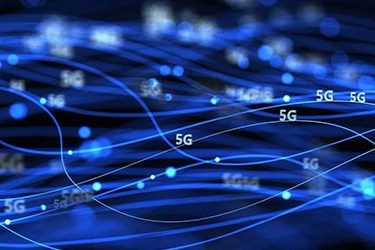
Deliver real-time, location-based emergency alerts over private 5G networks for instant, precise communication.

Implement robust strategies to swiftly detect, respond to, and mitigate cyber threats, ensuring minimal disruption to your operations.

Prepare for any emergency with critical event management solutions that ensure safety and operational continuity.

Prevent incidents from escalating into crises with effective business communication strategies.

Develop comprehensive plans to maintain essential functions during disruptions, safeguarding your organization's resilience.

Monitor, track, and analyze critical events to optimize your internal processes for incident response.
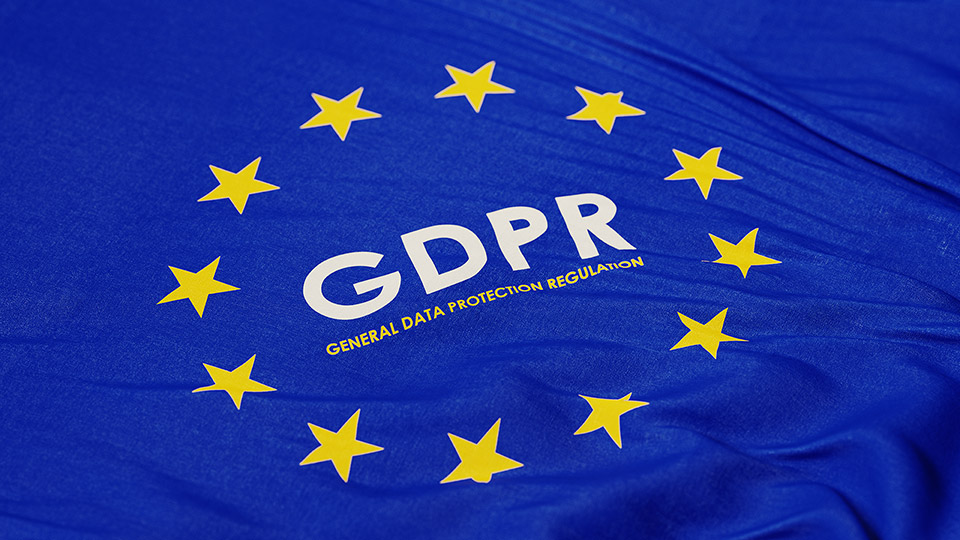
Ensure digital data protection and privacy: Discover how cybersecurity strategies help fulfill GDPR and other data protection laws.

To provide high-quality cryptographic keys delivered to ATMs, remote key loading is the solution of choice, enabling delivery of keys without the need to be physically present.

ATMs are establishing direct connections for customers to their bank account and hence require reliable protection.
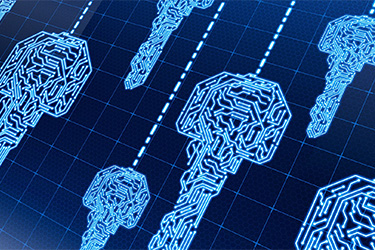
Centralized cryptographic key management enables simplified key management throughout their complete lifecycle through one central access point.

Reliable Access Management is the cornerstone for strengthening the security of any organization’s digital environment by applying strictest security measures to accessing cryptographic keys.

Benefits of Choosing Utimaco Solutions

High-Level Security
A global provider of trusted Cybersecurity and Compliance solutions and services.
Scalability
We support large-scale use cases in enterprise-class datacenters around the world.
Data Privacy and Compliance
Solutions and products help address compliance and certification requirements.
Global Support
Explore Two Exceptional Partner Programs Tailored to Your Industry Needs
Innovation and Expertise
Helping customers and partner prepare for Post Quantum Cryptography.
Ready to Elevate your Security?
Protect your data, ensure compliance, and stay ahead of evolving threats with our future-proof solutions.
Contact UsUtimaco offered the right solution for us and helped us achieving speedy implementation in addition to the added level of security and compliance we were seeking.
Matthew Ani
Chief Information & Security Officer, Global Accelerex
View Case StudyEven though major crises rarely occur in Denmark, it is really important for us to have an efficient and quick way to warn and communicate to the public in Denmark when they do happen. With Command Post by Utimaco, we have that opportunity now.
Bjarne Siewertsen
Product owner for SIRENEN at DEMA
View Case StudyThe experience gained from working with Utimaco, their expertise in the area of ICAO, as well as their comprehensive support of the required algorithms, were the decisive factors for choosing to collaborate with them for this project
Cor de Jonge
Manager of the PKI Department of the Judicial Information Service as part of the Ministry of Justice and Security in the Netherlands
View Case StudyIt has been a very rewarding experience to work with Utimaco in setting up the needed Payment HSMs as a Service for STS Payments. For us this has been an entirely new area. Utimaco was able to accommodate our requirements and the technical team really helped us along the way.
Steve Turner
CEO & Founder, STS Payment
View Case StudySimulate Your Success
Explore our HSM simulators to test and evaluate the features of our Hardware Security Modules and application packages—completely risk-free and cost-free. Create your account today and start your journey.
Our Partner
Ecosystem
Explore All
Latest Highlights
- News
- Blogs
- Webinars
- Events
- News
- Blogs
- Webinars
- Events
Prepare for the Quantum Era with Utimaco’s Quantum Protect
Join us for an exclusive webinar as we dive into the latest YouGov survey on digital payment security perceptions among American consumers.
Ready to Secure Your Future?
Explore our comprehensive portfolio of on-premise and as-a-service offerings, including data protection, key management, secure payments, and compliance solutions.
Contact Us



